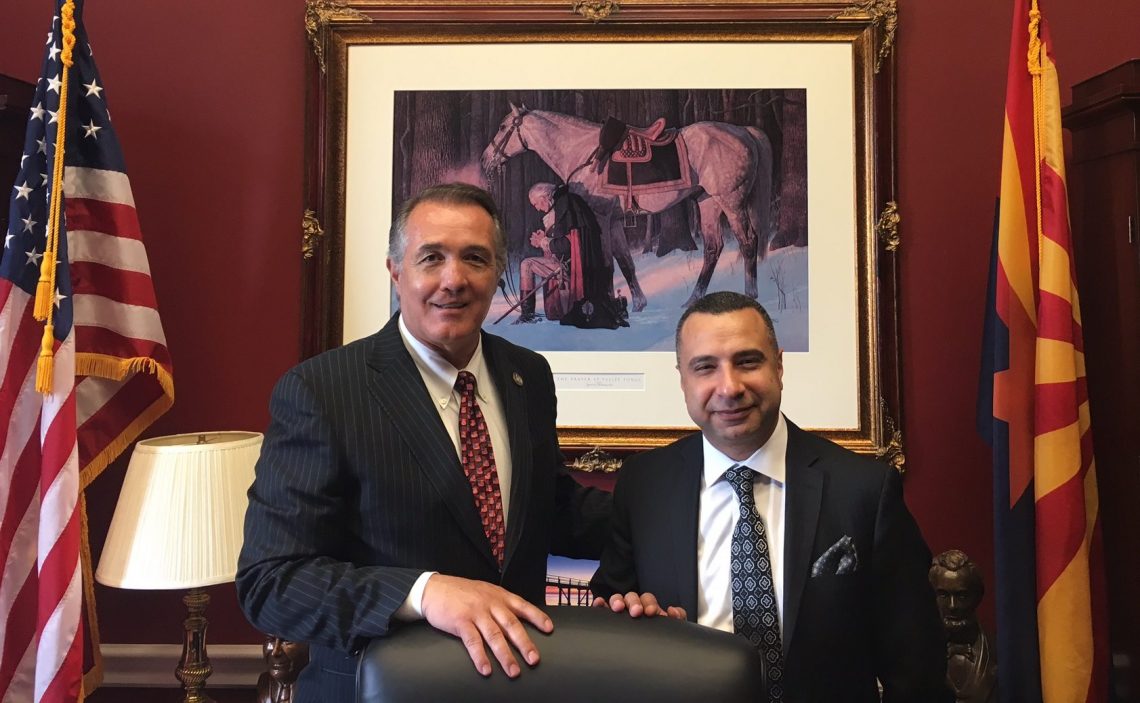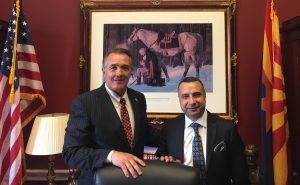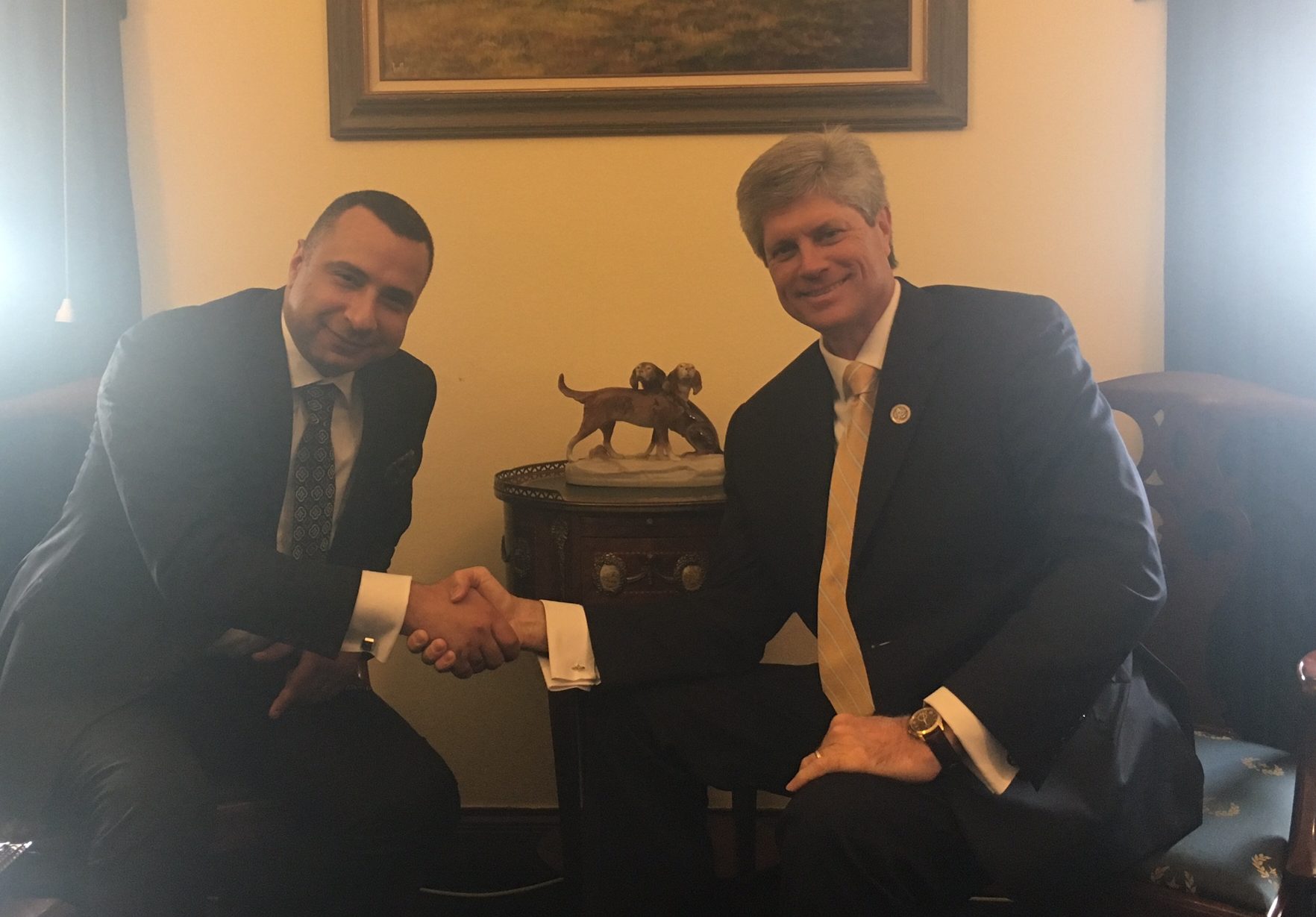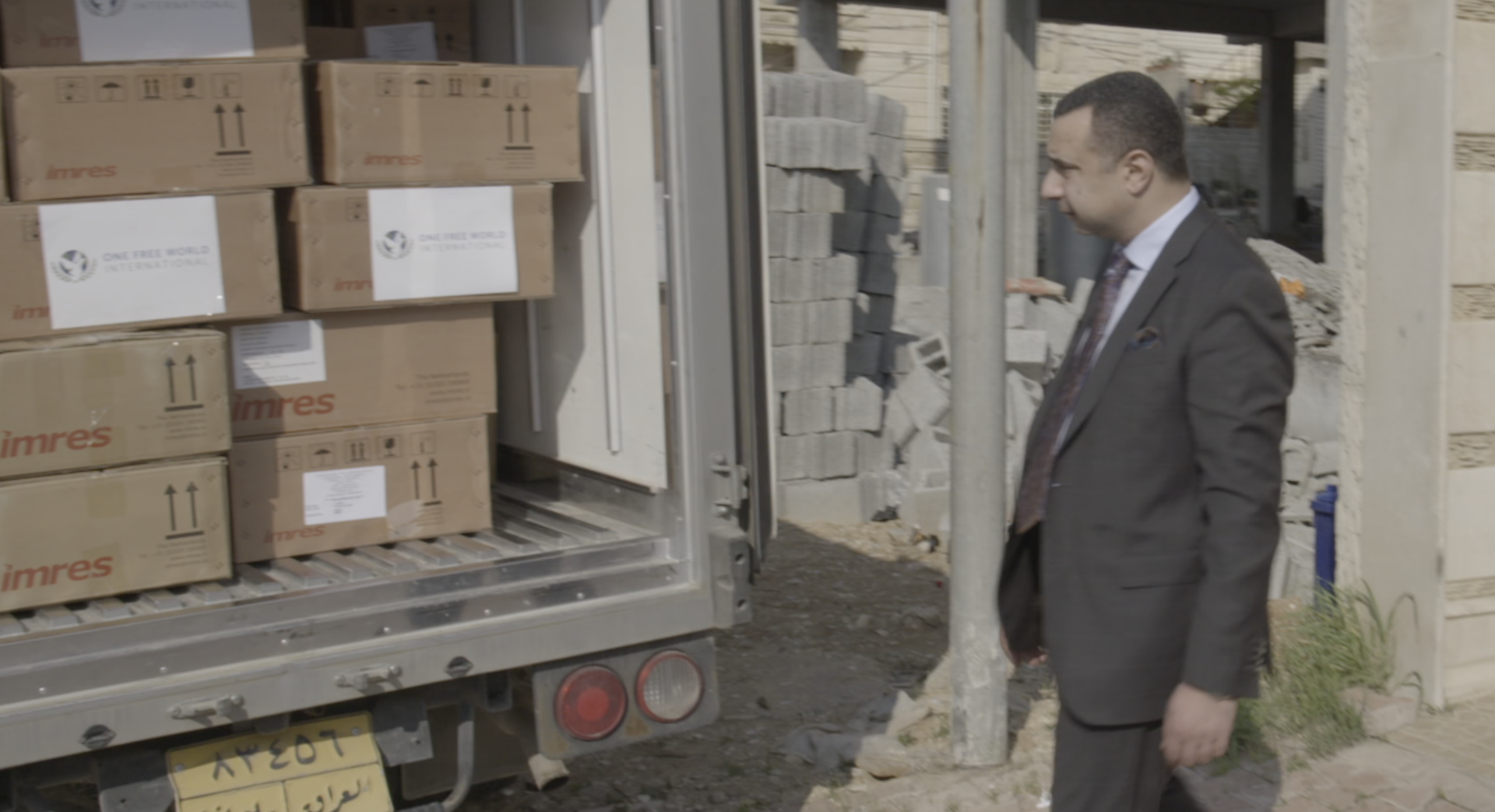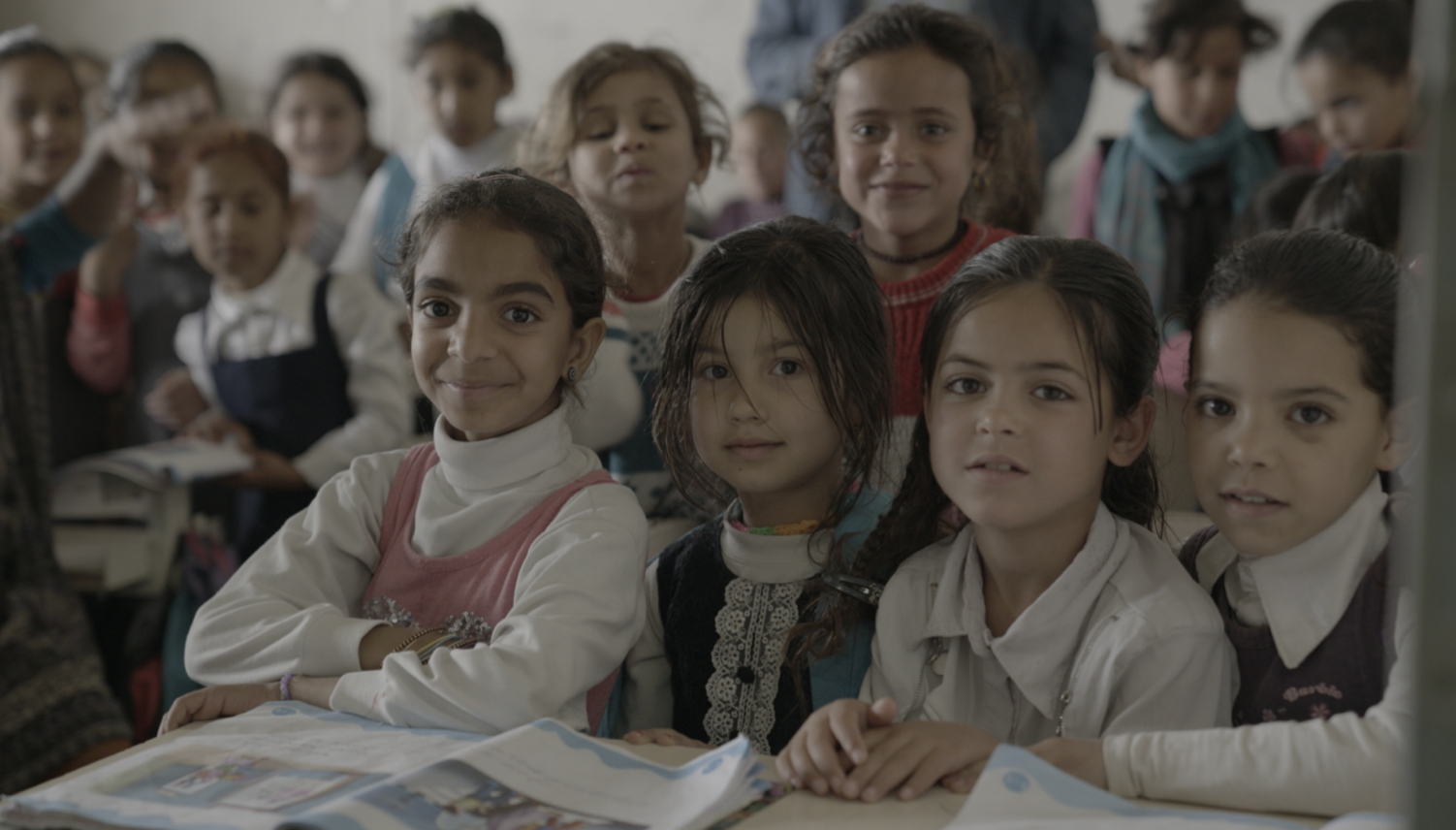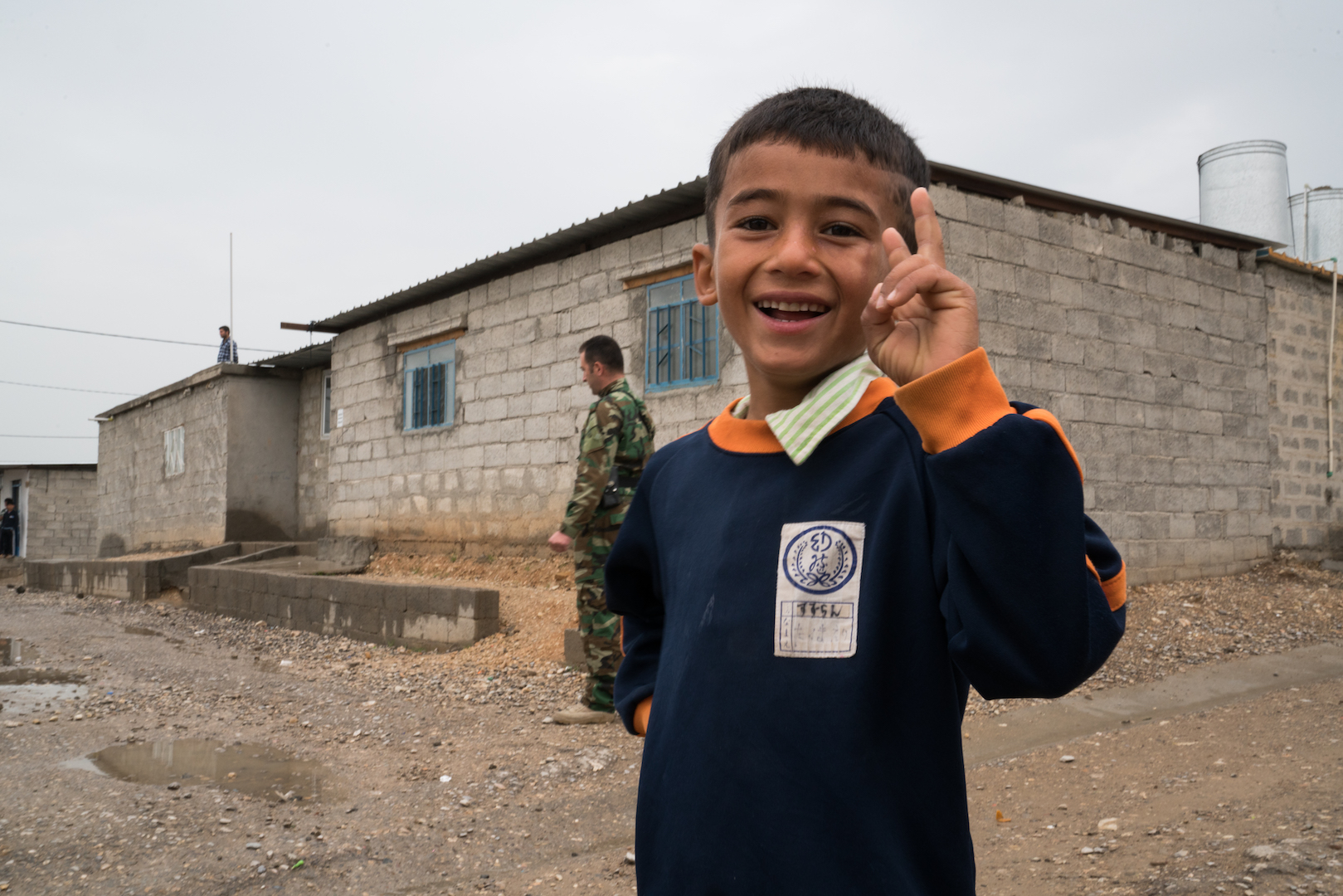The Government of Canada owes Canadians an explanation
Omar Khadr came to a settlement with the Canadian government outside of court for $10.5 million, following the unanimous decision of the Supreme Court back in 2010 that Khadr’s Charter rights had been violated.
"The deprivation of [Khadr's] right to liberty and security of the person is not in accordance with the principles of fundamental justice," the court ruled.
"The interrogation of a youth detained without access to counsel, to elicit statements about serious criminal charges while knowing that the youth had been subjected to sleep deprivation and while knowing that the fruits of the interrogations would be shared with the prosecutors, offends the most basic Canadian standards about the treatment of detained youth suspects."
Khadr, was seeking $20 million in a wrongful imprisonment civil suit. He accused the Feds of being complicit in what he claimed to be an arbitrary detention and cruel and inhuman treatment at the hands of the American authorities.
While his actions and guilt is not in question, it should still be noted that Khadr was a 15 year old who was working with Al Qaida; comparatively Skylar Prockner has been given an adult sentence by Canadian courts for a murder he committed at 16. It is fair to say that at 15, a person understands right and wrong, and they can appreciate consequences to their actions.
In lieu of this, let’s remember that Khadr had confessed to killing a US army medic when he was 15, and while the interrogation that drew the confession was decidedly oppressive, Khadr went on to apologise to the families of the victims at his first press conference in Canada. In other interviews he still recalls throwing a grenade at the American Sgt. Christopher Speer, and questions what happens only by comparing it to the testimony of other witnesses. This compensation disregards the suffering of those American families, and other soldiers that fight our wars. It demerits the years of alliance that the US and Canada have had in combating violent terrorist attacks on western values.
Since the amount of the settlement has been disclosed, there has been a major uproar from Canadians on the amount of public funds being directed to private hands. One comparably large settlement with the government was the $2 billion compensation package awarded for the Indian Residential School system. The TRC report echoed by our Chief Justice called it a "cultural genocide". Individual settlements amounted to $10,000 per person who attended the school. Compare this to Khadr’s settlement and it seems grossly unjust to reward a former member of Al Qaeda with multiple times that amount.
Upholding Charter rights is essential to Canada’s foundation as a just and free country; consequently, the amount awarded when damages are sought should be proportionate to the Charter breach. There needs to be consistency among different cases, but it appears that the government is not concerned with that. Many residential school children faced years of physical and emotional abuse, they were often raped and purposefully separated from their families, but the government has essentially decided that their suffering is worth less than Omar Khadr’s.
The court should have been given the opportunity to decide what a fair compensation would be for the breach of Khadr’s Charter rights. It would ask the right legal questions and look at precedent, rather than act according economic and political pressure. In the end, there is something to be said about what we want to accomplish with taxpayer dollars; paying private citizens damages like these redirect money that could be put towards greater protecting Charter rights.
Governments swing back and forth on their agendas, and make big decisions in the process; decisions like this should be made with more thought. Decisions like this affect us fiscally, but more importantly they send the message that our government is sporadic and that our rights are valued and defended only when the government wants them to be.


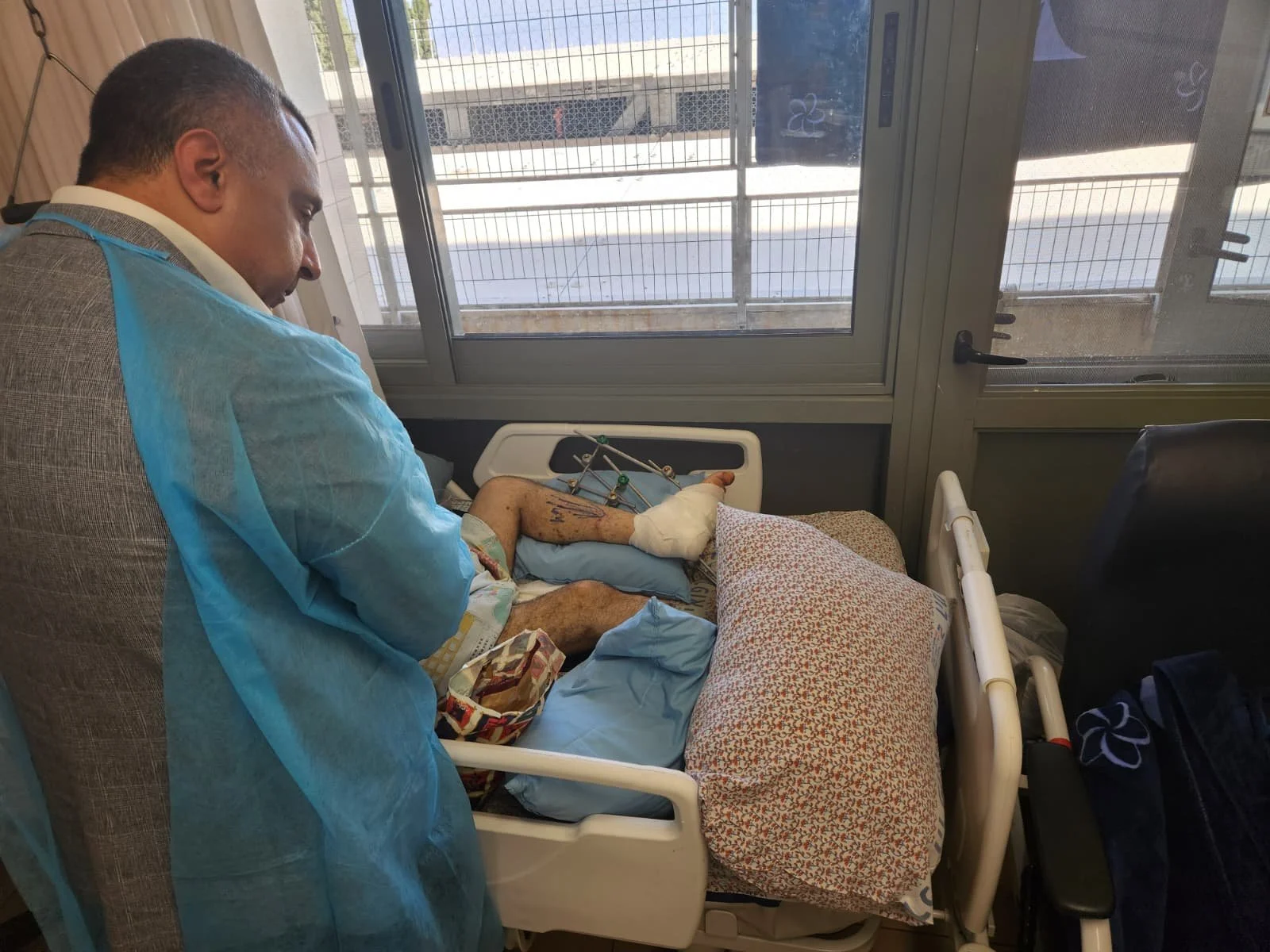




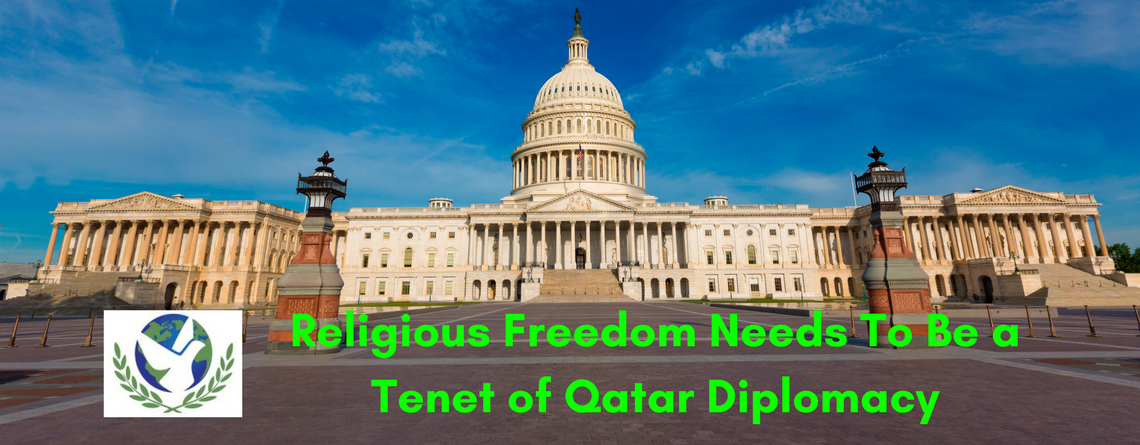 Rev. Majed El Shafie wrote to the U.S. Congress Foreign Relations & Foreign Affairs committees about the need to make religious freedom a tenet of Qatar diplomacy.
Rev. Majed El Shafie wrote to the U.S. Congress Foreign Relations & Foreign Affairs committees about the need to make religious freedom a tenet of Qatar diplomacy.